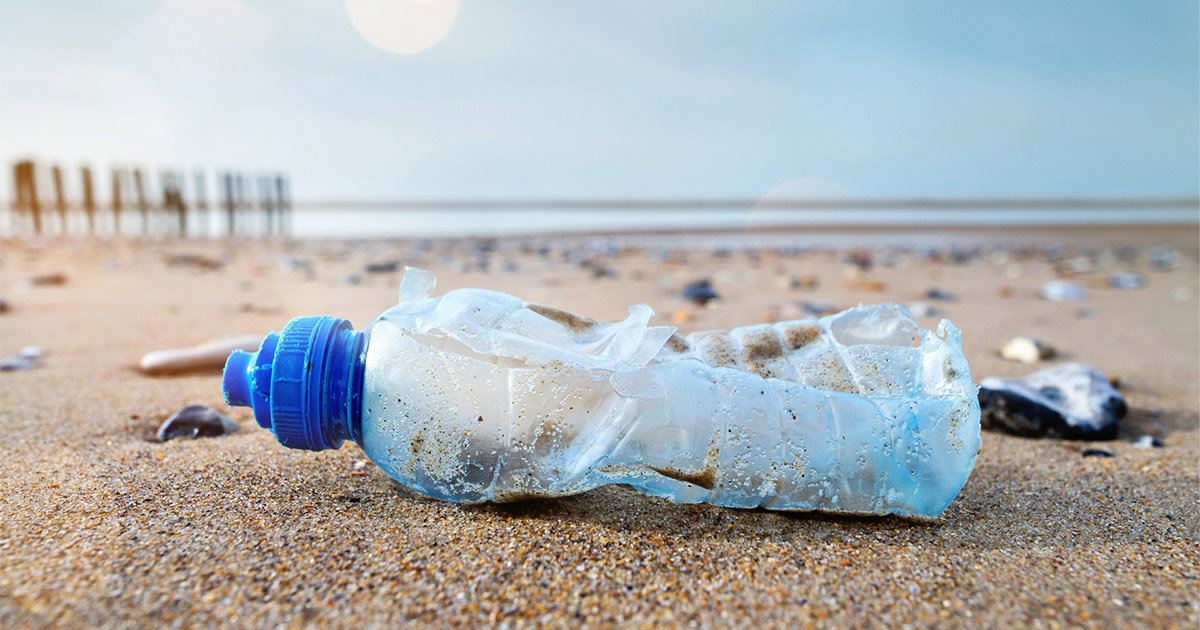For many, plastic water bottles are an essential part of their everyday lives. But for the environment, they are a source of unnecessary pollution. Hawaii’s latest iteration of a plastic ban may arrive in 2024, this time restricting the use of plastic water bottles in an effort to stop water pollution.
The Problem with Single-Use Plastic Water Bottles
Single-use plastics are any items meant to be used once and then thrown away; plastic water bottles fall into this category because they cannot be recycled infinitely like aluminium cans. The environmental cost of single-use plastics is significant; it takes centuries for them to decompose, if ever. In addition, studies have found that these plastic products contain harmful chemicals that can leach into the food or drinks they contain as well as into our oceans and landfills when discarded haphazardly.
Hawaii’s Proposed Bill
Earlier this month, state lawmakers advanced a bill that would prevent plastic water bottles holding less than two litres from being sold within Hawaii, adding them to a roster of other materials like plastic bags that several jurisdictions banned in recent years. If passed, the bill would ban the sale of these small plastic water bottles starting on January 1st, 2024, leaving an exception for bottled water used in emergencies. This ban would cut down the amount of single-use plastics significantly, since most stores offer mainly one-litre or smaller sizes.
The Benefits of a Ban on Smaller Plastic Water Bottles
This proposed bill could mitigate some of the negative impacts associated with single-use plastics by reducing how much ends up in our landfills or oceans each year. Additionally, it could encourage businesses and consumers alike to switch to reusable containers instead of relying on disposable ones, which would potentially save them money while also helping conserve resources over time. It could also pave the way for other states looking to reduce their own environmental footprints by banning single-use plastics at both state and local levels.
Pollution from single-use plastics is an issue that affects us all—from wildlife to public health—so taking steps like banning small plastic water bottles is necessary if we want to ensure a sustainable future for our planet and its inhabitants. While there will still be more work needed before Hawaii’s proposed bill can become law, it has already taken a big step toward becoming reality by garnering support from state lawmakers and setting an example for others looking to make similar changes in their own areas. It’s clear that combating pollution requires concerted efforts at multiple levels if we want real change—and Hawaii’s proposed bill is just one way we can achieve this goal together.
Purafy’s Water Goals
At Purafy, we are conscious of ongoing plastic pollution crisis, where up to 12 million tonnes of plastic waste is entering the global ocean every year 1. We applaud the efforts of all individuals and organizations in reducing plastic consumption in any way possible, such as this recent state-wide example set forth in Hawaii.
The water filtration solutions from Purafy offer adaptable and sustainable access to a supply of clean drinking water under difficult conditions such as natural disasters when drinking water becomes scarce, or in homes where water supply provided by local municipalities or groundwater may be at risk of contamination. Plastic water bottles are no longer the best solution for people to obtain reliable access to clean drinking water. To learn more about our water filtration products and find a solution that is right for you, visit purafy.com
- Boucher, J., & Friot, D. (2017).Primary microplastics in the oceans: a global evaluation of sources (Vol. 43). Gland, Switzerland: IUCN. 43pp.

